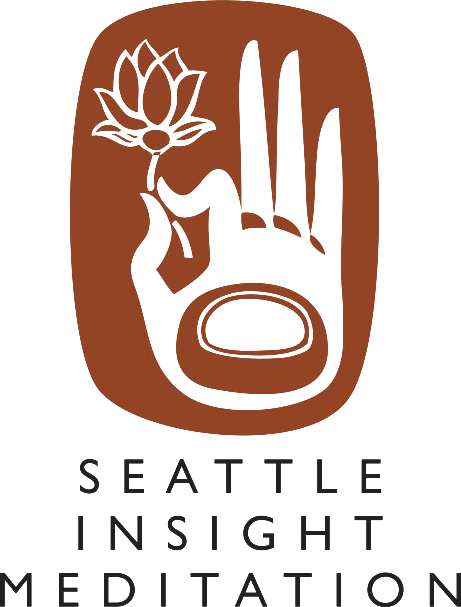Kalama Sutta: Free Inquiry
Teacher: Rodney Smith
Date: 2002-10-14
Venue: Seattle Insight Meditation Center
Series
[display-posts]
Homework How much do you rely on others to sustain your dharma understanding? How often do you quote other authorities to give your dharma points credibility? The spirit of free inquiry requires freedom from all authority. Once you have freed yourself from outer authority there remains the inward authority of your views and opinions. If you think you already know the answer, you cannot inquire into the question with innocence. Reflect on your assumptions about life and ask yourself if you have ever really questioned these deeply? Look at one of your assumptions such as the belief that you are separate from others and that your experience of loneliness is valid. Who or what do you depend on to believe in this assumption? How can free inquiry release you from that belief?
Inquiry is the willingness to turn around and look behind the excuses and reactivity. You inquire through silent observation not in thinking about the problem. To inquire is to enter the unknown. You do not know where this investigation will lead nor how you will change as a result of it. Pick a troubling emotion that usually signals a reactive pattern such as anger, fear, annoyance, or loneliness. When you catch yourself reacting, ask yourself, “What is really happening here?” Be quiet and observe how difficult it is to let the emotion be and how excuses and blame arise from that difficulty. Notice how deeply entrenched the patterns of escape are conditioned. Now ask, “What does this emotion say about me?” and see what arises from the question. Perhaps it confirms a personal fear or self-belief. Finally ask, “Is this (belief, fear) true?” Do not think your way through this. Let the silence reveal the patterns as they arise.
TalkID=710 SeriesID=30
Kalama Sutta: Free Inquiry Read More »

